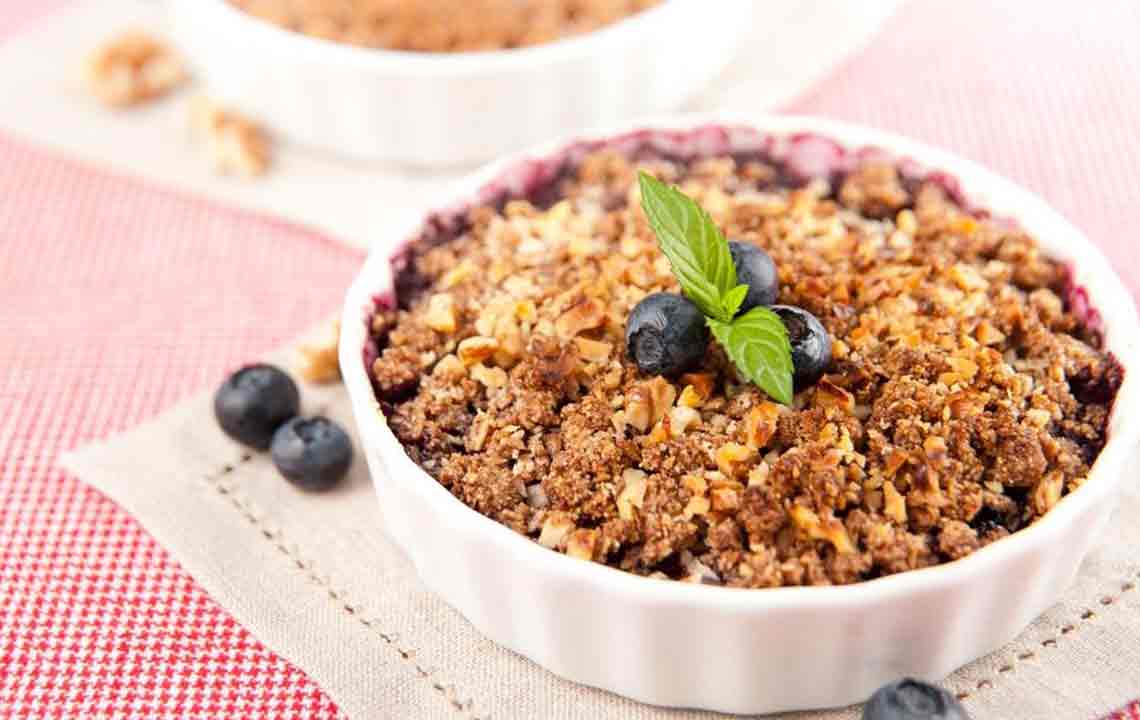Effective Dietary Strategies for Maintaining a Healthy BMI
Discover effective dietary approaches and practical tips to support healthy BMI maintenance. From flexitarian and Mediterranean diets to low carb plans, learn how personalized meal plans and lifestyle changes can assist in weight management. Incorporate healthy habits like balanced breakfast, hydration, and nutrient-rich foods to achieve your health goals sustainably.
Effective Dietary Strategies for Maintaining a Healthy BMI
Maintaining a specific weight can be important for health reasons such as managing diabetes, osteoporosis, or for professional commitments like athletics. Instead of resorting to harmful fad diets, consulting a nutritionist to create personalized meal plans, combined with regular physical activity and lifestyle adjustments, is advisable. Here, we explore popular nutritional approaches and tips to support healthy weight management.
Top 5 Meal Plans for Weight Maintenance
Several dietary schedules are available for those beginning their weight management journey. Here are some notable options:

Explore these widely recommended meal strategies:
Flexitarian Eating Pattern
A predominantly plant-based diet that permits moderate consumption of animal products. It emphasizes moderation without eliminating entire food groups, focusing on fresh, unprocessed foods to aid weight control.
Volumetrics Nutrition Plan
This approach centers on consuming foods rich in water and fiber, such as fruits and vegetables, which help you feel full with fewer calories, promoting weight loss while satisfying hunger.
WW (Formerly Weight Watchers)
A point-based system that assigns values to foods based on their calorie, fat, and fiber content, fostering a balanced, sustainable lifestyle for weight management.
Low Carbohydrate Plans
Including ketogenic, Atkins, and LCHF diets, these restrict carbohydrate intake in favor of proteins and fats, supporting fat burning and weight reduction.
Mediterranean Diet
Inspired by regions like Greece and Spain, this diet emphasizes fruits, vegetables, fish, nuts, and olive oil, while limiting trans fats, refined carbs, sugars, and processed meats for health and weight goals.
Beyond choosing a diet plan, it’s essential to follow key guidelines for effective weight management:
Personalized Approach
Tailor your meal plans to your health goals, activity level, cultural preferences, and lifestyle constraints.
Healthy Habits
Incorporate regular breakfast with protein, fruits, and whole grains; hydrate adequately; include plenty of vegetables and fruits; and favor whole grains to boost nutrition and satiety.
Vegan Weight Loss Tips
For vegans, options like oatmeal with nuts or plant-based smoothies for breakfast, quinoa salads for lunch, and sweet potato tacos for dinner can support weight loss while meeting nutritional needs.
Foods to limit or avoid for effective weight control include sugary drinks, fried foods, baked goods, chips, white bread, and white rice. Incorporate nutritious items like eggs, oats, nuts, and legumes for comprehensive nourishment.
Note:
Our blog offers diverse insights based on research for educational purposes. Always consult healthcare professionals before making significant dietary changes. We disclaim responsibility for content inaccuracies or related schemes not covered here.










